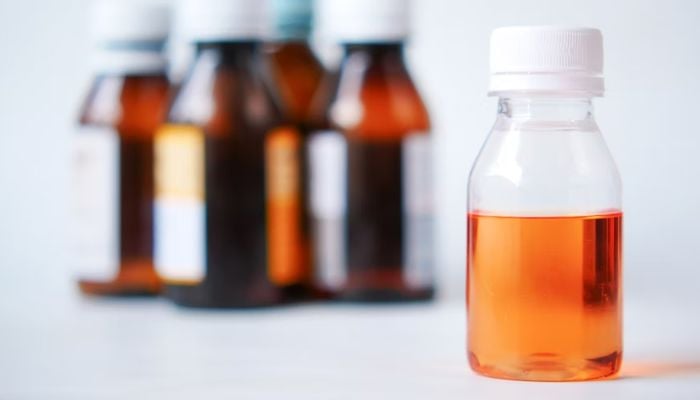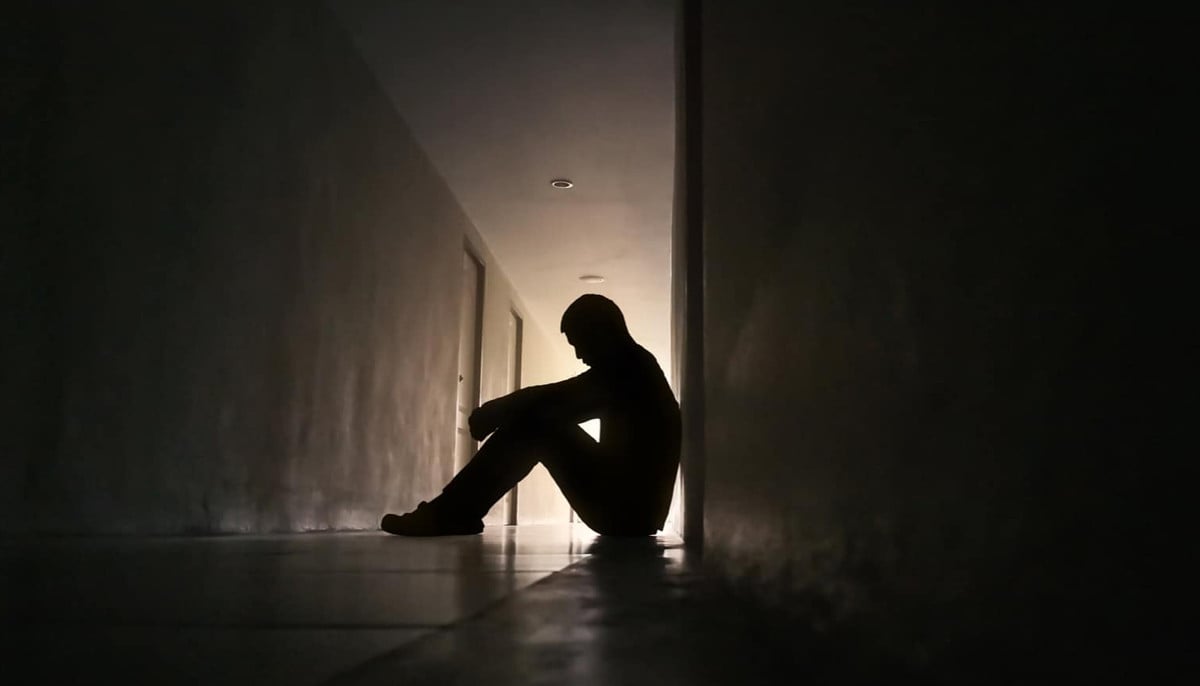Indonesia bans all syrup, liquid medicines after death of children
The ban comes after the deaths of nearly 100 children from acute kidney injury this year
The Indonesian government announced on Wednesday a ban on all syrup and liquid medicine prescription and over-the-counter sales, after the deaths of nearly 100 children from acute kidney injury this year.
The ban comes as the Southeast Asian country´s health authorities probe an unexplained rise since January in the number of children´s deaths from acute kidney injury (AKI).
It also comes after nearly 70 children died in The Gambia earlier this year, also from AKI, in a scandal linked to four Indian-made cough syrups.
The Indonesian food and drugs agency said the syrups imported into The Gambia were not available in the Southeast Asian country.
"Until today, we have received 206 reported cases from 20 provinces with 99 deaths," the health ministry's spokesperson Syahril Mansyur told a press briefing.
"As a precaution, the ministry has asked all health workers in health facilities not to prescribe liquid medicine or syrup temporarily... we also asked drug stores to temporarily stop non-prescription liquid medicine or syrup sales until the investigation is completed," he added.
The rise in cases of AKI began in January this year, and accelerated further since late August, the ministry spokesperson said, adding that a probe was launched last week.
"Since late August 2022, the ministry and the paediatrician association have received increasing reports of acute kidney injury. The jump is sharp," the spokesperson said.
Most of the cases reported in Indonesia involved children aged under 18, mainly toddlers under five years old, the ministry said.
Before the recent rise, the ministry typically saw one or two cases of AKI a month.
-
Sir Jackie Stewart’s son advocates for dementia patients
-
5 celebrities you didn't know have experienced depression
-
Late James Van Der Beek inspires bowel cancer awareness post death
-
Bella Hadid talks about suffering from Lyme disease
-
Gwyneth Paltrow discusses ‘bizarre’ ways of dealing with chronic illness
-
Halsey explains ‘bittersweet’ endometriosis diagnosis
-
NHS warning to staff on ‘discouraging first cousin marriage’: Is it medically justified?
-
Ariana Grande opens up about ‘dark’ PTSD experience












